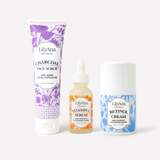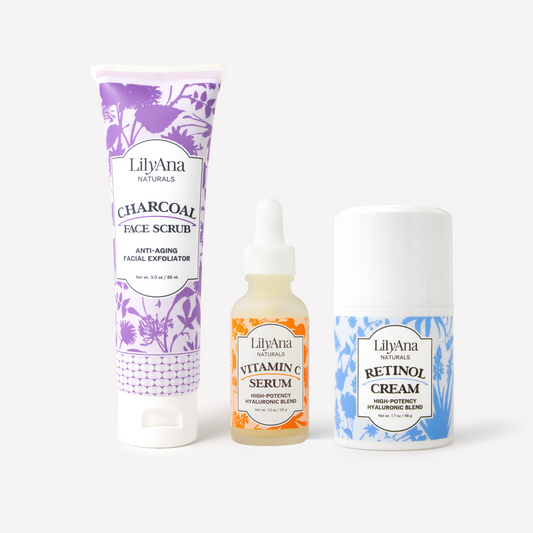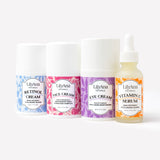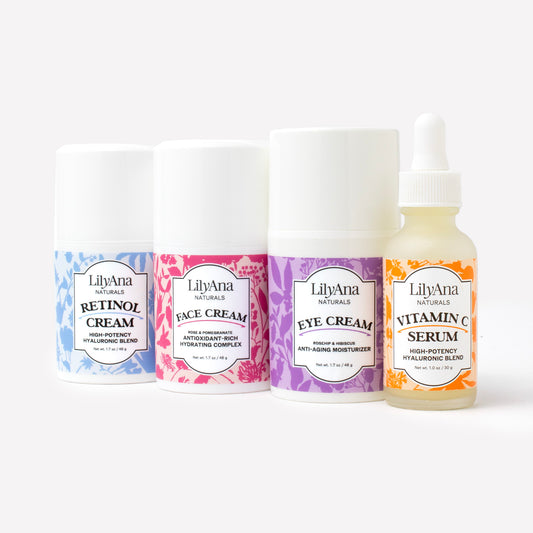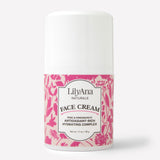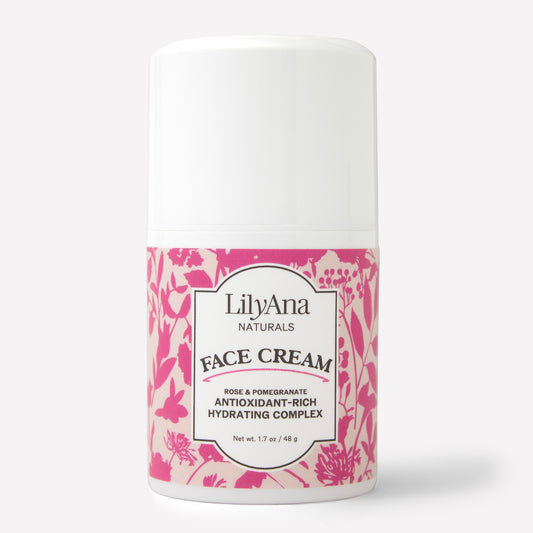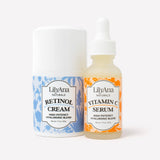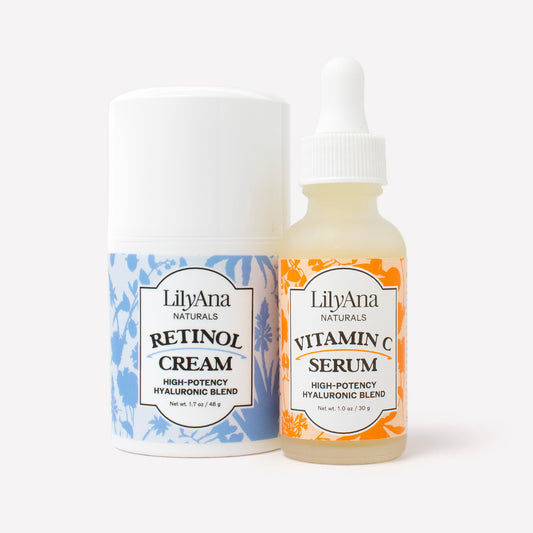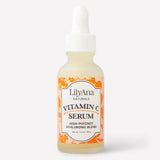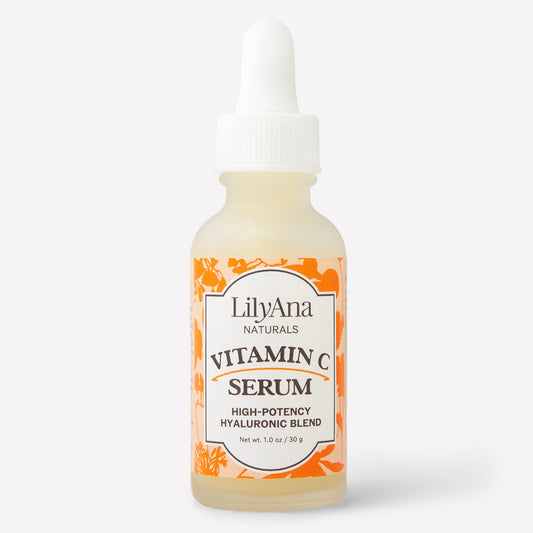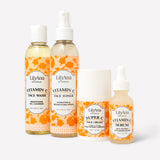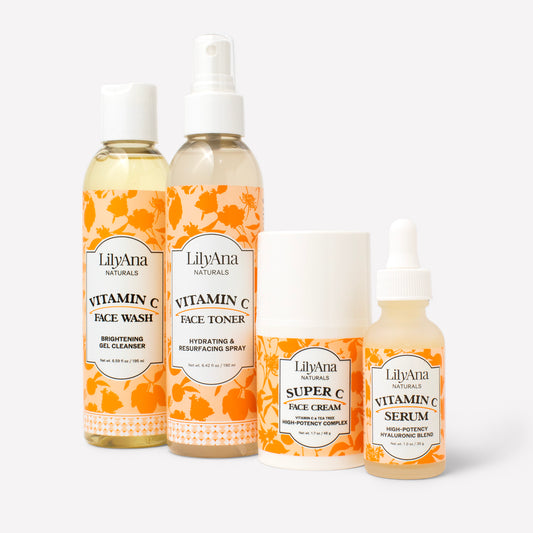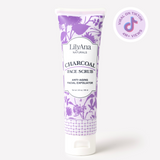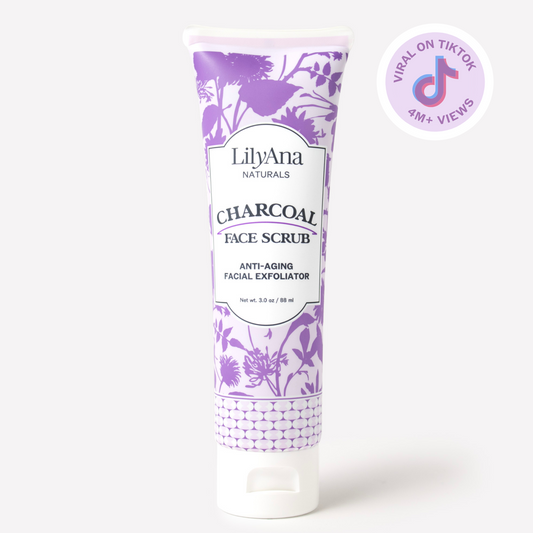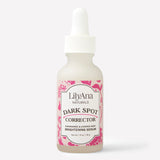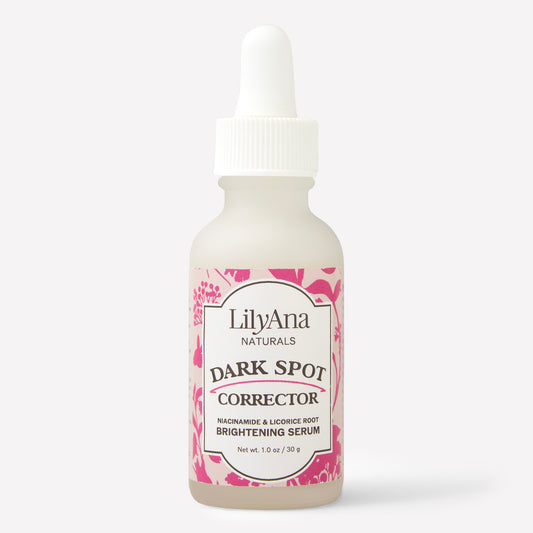Acne is undoubtedly unpleasant, but it is a rite of passage for many people. A zit (or three or four) dotting our faces is anticipated as we go through our adolescent and early adult years (and even late into adulthood).
Unfortunately, however, some individuals also experience acne outbreaks behind their chin and back, and chest. "While we tend to concentrate on the face, acne may also present problems on your back and chest," said Trevor Thompson, MD, a dermatologist at Banner Health Center in Peoria, Arizona.
"In our early years, we are more likely to have truncal, or body acne, and it is somewhat more frequent in men than females." While it may be excruciating and humiliating, the good news is that there are methods to manage body acne, just like with facial acne.
What Causes Acne?
Acne is caused by the buildup of dead skin cells in your pores, which leads to an overabundance of a kind of bacteria called propionibacterium acne on your skin. Consequently, your skin gets irritated, resulting in the formation of whiteheads, blackheads, or pimples.

The sad reality is that acne has no bounds. Although it is more prevalent in teens, it may affect individuals of all ages. And I see it about equally among men and women. Acne may also develop wherever your skin has oil glands. Thus it might arise on your back, face, stomach, or chest.
Chest acne develops in the same manner as other types of acne. However, certain variables contribute to the development of chest acne, such as:
- Utilizing skincare products that prevent or reduce water loss
- Friction caused by clothes
- Sweating excessively
It is critical to understand that chest acne is not caused by improper hygiene. It is not caused by unclean skin, and strong soaps or chemicals, as well as vigorous scrubbing, may aggravate it.
Certain medicines, such as corticosteroids, testosterone, or lithium, may also exacerbate acne.
- Hormones: Hormonal changes associated with adolescence and pregnancy may cause your glands to generate more oil, resulting in more acne.
- Diet: According to some research, skim milk, chocolate, and high-carbohydrate meals may aggravate acne. If wanted, the patient can receive suggestions on a moderate, rather than stringent, approach to restricting certain items.
- Stress: When your body is stressed, it releases hormones known as androgens, which affect many different areas of the body, including the skin. These hormones may activate hair follicles and oil glands in the skin, leading to increased inflammation and the development of acne.
There are many treatments for chest acne available to help you prevent skin scars, make acne less visible, and reduce the mental stress produced by the acne. To prevent skin pores from becoming blocked, use mild scrubbing and non-comedogenic lotions.
In addition, mild inflammatory acne may be relieved with over-the-counter body cleansers containing salicylic acid and benzoyl peroxide. Avoid gritty or harsh body scrubs as well since they are abrasive to the skin.
If over-the-counter treatments aren't helping, see your doctor about topical and oral medicines that may help you control your acne.
Source of Body Acne
Body acne develops in the same manner as to face acne, but certain variables contribute to acne on your chest and back according to our acne location guide. "Genetics, hormones, and nutrition are likely some of the most significant acne triggers," Dr. Thompson added.
"Other factors that contribute to truncal acne include the use of androgens such as testosterone or DHT in male or transgender patients, just like androgenic anabolic steroids in body builders."
Is It acne or Something Else?
Many different diseases may produce red lumps on your chest and back, but one frequent one that many people mistake is folliculitis, a skin ailment. Although it has the appearance and feel of acne, folliculitis is not the same.
"Folliculitis often causes inflammation around hair follicles, but it may sometimes have a more infectious origin, such as a pus-filled pimple rather than the clogged sebum of acne," Dr. Thompson said. "Folliculitis may happen wherever there are hair follicles, and acne is more prevalent on the face, back, and chest."
If you are uncertain if your red pimples are caused by body acne or folliculitis, you should see a dermatologist. They may offer you advice on how to get rid of it.
Body Acne Cure
If you have severe body acne with deep, painful cysts, it's essential to work with a dermatologist to create a personalized treatment strategy. However, you may also use several primary therapies to treat acne on the face, treat acne on the back and chest for mild to severe body acne. Here's how to permanently get rid of body acne:
1. Use an Acne Cleanser
While any mild soap or body wash may help remove dirt and oils, solutions are specifically designed to combat body acne outbreaks. Dr. Thompson recommends beginning with benzoyl peroxide-containing products.
"In general, I prefer gentler (5% ) benzoyl peroxide washes since harsher (10%) washes may cause greater dryness and skin irritation on the face. Fortunately, the trunk is less responsive to treatment," Dr. Thompson said. Also, products like LilyAna Naturals' Charcoal Face Scrub may help cleanse your chest and back acne if used regularly.

2. Try a Topical Retinoid
This option is another excellent choice for treating body acne, whether prescription medication or an over-the-counter adapalene gel. In addition, LilyAna Naturals' Retinol Face Wash plays an essential role in treating acne by controlling skin cell turnover and decreasing inflammation deep inside the skin to clean and prevent new pimples.
3. Keep Sun Protection In Mind
People may have varied experiences when it comes to the effect of the sun on their acne. While sun exposure may boost vitamin D levels and be linked with exercise and enjoyment, moderation is essential. While some light spectrums, such as blue light, may benefit acne, excessive UV sun exposure may accelerate skin aging and deepen acne patches.
To prevent the adverse effects of UV rays, be sure to understand the advantages of hats, shade, and being mindful of the time of day and length of sun exposure. When it comes to sunscreen, go for a non-comedogenic, oil-free mineral sunscreen.
4. Establish Healthy Exercise Habits
It's lovely to put in the time for exercise, but don't spend too much time in your sweatpants. Make sure you wash and change your clothing immediately after working out—or doing anything else that causes you to sweat.
Also, although a zit on your back may be more challenging to reach, avoid the temptation to pick and burst your body acne. Also, avoid harsh or coarse body cleansers that are abrasive to the skin. These will exacerbate the situation.
5. Make Health Tweaks
When it comes to acne, your food may also play a role. According to the findings of the research, eating a low-glycemic diet may help decrease acne. So instead of opting for a burger, fries, and Coca-Cola, prioritize a diet rich in fresh vegetables and healthy foods.
Also, avoid dairy products and high-carbohydrate, sugary meals that spike your blood sugar. Check out this article from the American Academy of Dermatology Association for additional information.
In more severe instances, your doctor may prescribe both topical and oral antibiotics. Another prescription medication that may be utilized is isotretinoin. These medicines decrease redness and irritation by eliminating extra skin germs.
Frequently Asked Questions
1. Is it possible that what I consume is causing my acne breakouts?
In general, no. Hormonal fluctuations are the leading cause of the majority of acne occurrences. Hormones stimulate the oil glands, causing more sebum to be produced, which may clog pores. Bacteria may then develop inside the pores, inflaming them and causing them to break out.
That occurs regardless of what you consume at periods of significant hormonal shift, such as during the menstrual cycle and adolescent years. So, contrary to what your grandma may have told you, eating too many potato chips will not cause you to break out in pimples.
According to Macrene Alexiades-Armenakas, MD, Ph.D., an assistant clinical professor of dermatology at Yale School of Medicine, there is some evidence that particular diets may impact acne. For example, according to one study published in the Journal of the American Academy of Dermatology, excessive intake of dairy products increases the risk of acne due to hormones found in milk, cheese, and yogurt. However, further research has not backed up the idea.
Other research on the link of acne to nutrition has shown that a high glycemic index diet, such as white bread, waffles, and other carbohydrates, worsens acne.
2. If I have acne, should I stop wearing makeup?
You don't have to quit using cosmetics entirely, but you may experiment with various brands or types. According to Alexiades-Armenakas, if you have outbreaks around the sides of your temples, hair treatments or gels may be aggravating your acne. Look for cosmetics and toiletries labeled "non comedogenic," which means they won't clog your pores.
3. Is acne a sign that I'm not washing my face enough?
No, not always. Washing your face too hard may exacerbate acne, and using alcohol-based astringents can cause skin dryness. In addition, acne is caused by hormones. Although gentle, frequent cleaning with soap and warm water may occasionally assist with minor outbreaks, severe acne requires more than just basic hygiene.
4. Why is acne more common among teenagers?
Acne is mainly caused by changing hormones, particularly the male hormone testosterone. (Women do have some testosterone levels.) When adolescents reach puberty, their hormones begin to rise, and acne frequently follows.
5. What causes acne in confident adults?
Although hormonal changes that cause acne are more prevalent in adolescence, they may affect adults as well. During their menstrual cycle, pregnancy, and menopause, women may suffer hormonal fluctuations that result in acne outbreaks.
Certain medicines, such as anticonvulsants and steroid treatments, may also cause acne. In addition, the condition may predispose some individuals to acne genetically. According to one research, 50% of people with acne had a parent, sibling, or kid who also has acne.
Another option would be you need to shower more. You don't have to alter how frequently you wash your hair, but Dr. Gary Goldenberg recommends that body baths be a regular part of your post-gym (or post-sweaty-day) regimen. "I usually ask [patients] if they eat first or take a shower first after exercising," he adds. "Those who eat first typically have more acne on their body since they sit in damp clothing for a longer period of time."
If you don't have access to a shower, pack a change of clothing and a cleaning wipe to wipe off your chest. As soon as you arrive home, get in the shower and rinse with an antibacterial body wash containing benzoyl peroxide or salicylic acid, both of which will treat current outbreaks while preventing new ones.
Even though acne outbreaks on the face are comparable to those on the chest, Dr. Kristina Goldenberg recommends using firmer antibacterial soaps for the chest, shoulders, and back that would be much too irritating or drying to use as an acne face wash.
6. What are the best acne remedies for me?
That depends on various variables, including your age, gender, the severity of your acne, and how long you've had it. There are several choices accessible. Many physicians would start with a topical cream or gel containing either a retinoid or benzoyl peroxide and a topical antibiotic for mild to severe acne.
An oral antibiotic may be used to treat more inflammatory acne. Women with severe acne may be prescribed birth control pills or the medication spironolactone, a water tablet that also inhibits male hormones. They may also prescribe the recently authorized topical medication clascoterone (Winlevi), which acts similarly to spironolactone but in the form of an ointment.
You may treat severe acne with the very effective medication isotretinoin. However, adverse effects and blood anomalies must be checked every month, and obtaining a prescription needs registration with the FDA. Light or photodynamic treatments are also accessible in a variety of forms.
Dr. Day suggests exfoliating with a mild scrub regularly (once or twice a week) to remove dead skin cells and pore-clogging buildup that may be causing your outbreaks. If a gritty scrub seems too abrasive for the sensitive skin of your chest (you'll know if it hurts, burns, or feels raw), consider a chemical exfoliator, which dissolves dirt and oil with acids rather than scrubbing.
Wrapping Up
If you follow all of the professional advice above, your chest acne should clear up over time, but Dr. Kristina Goldenberg adds it truly depends on the severity. "For some individuals, changing their lifestyle can help or even cure their chest acne," she adds.
"However, more frequently than not, individuals do need dermatological therapy to remove the acne." If your body acne treatments aren't working and you're forced to wear a turtleneck in June, don't sweat it—literally. Inform your dermatologist.
But don't think of a dermatologist as a last option; in an ideal world, a doctor should always be your first line of defense. It may take a few attempts to eliminate those zits, but you may cure every kind of acne with the proper therapy. Visit LilyAna Naturals for the best acne treatment products for you!
